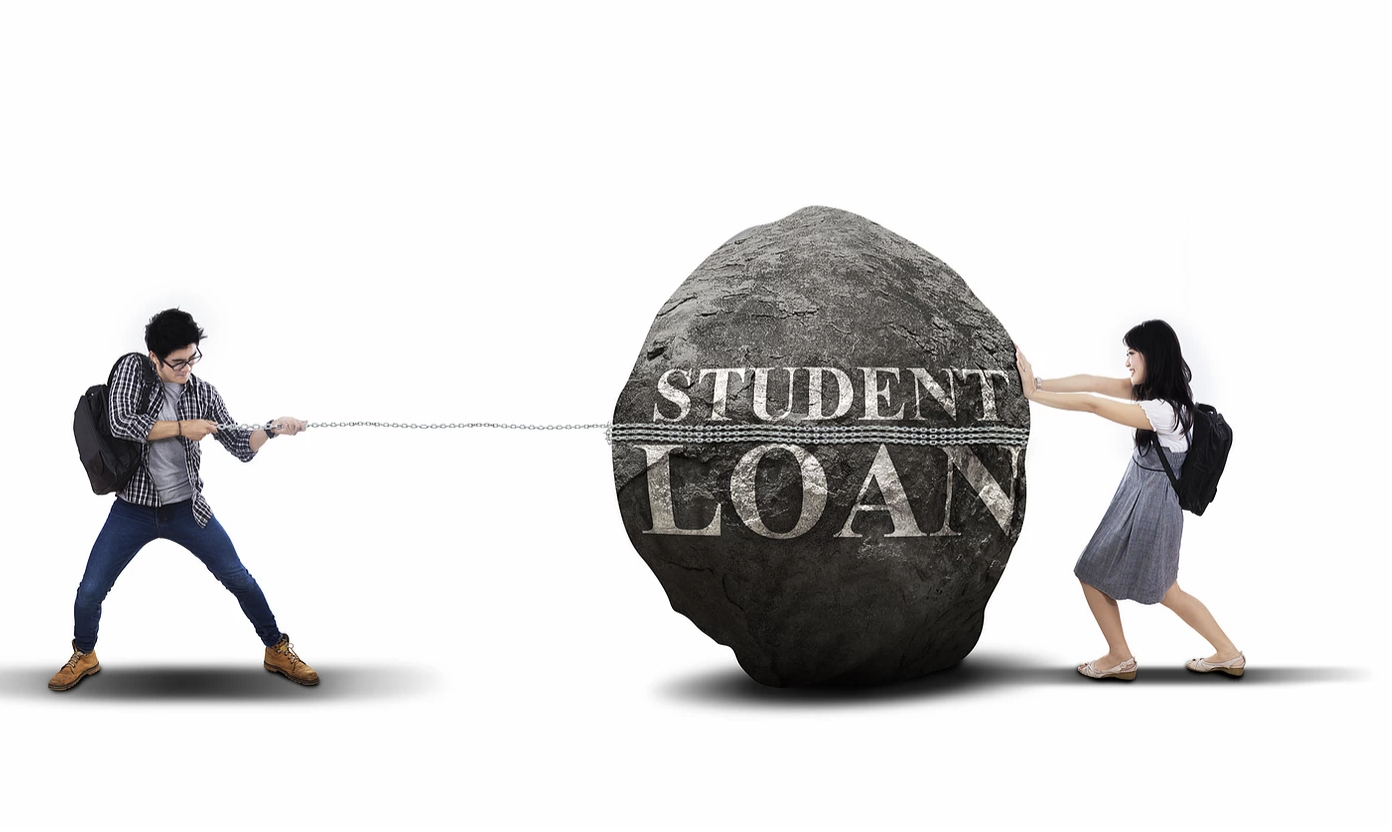
Do You Actually Have to Pay Your Student Loans?
Spoiler alert: Yes.
The number one thing heard on college campuses or from post graduates is, “I don’t have to pay my student loans back, I’ll just owe them til I die.” So the big question is: Do you have to pay your student loans?
Here’s the thing, if you don’t pay your student loans, they can follow you to the grave – and beyond – and really damage your credit score along the way. That can lead to paying serious extra costs in interest rates and possibly not getting approved to own a home.
So let’s start with some facts to help you decide what to do about your student loan…
As of 2020, student education loan debt is about $1.56 trillion dollars with over 45 million borrowers. With each of these borrowers’ credit scores being impacted by these education loans. These borrowers are accountable for their student loans for the rest of their lives; the loans cannot be settled or deleted from credit history.
What does a student loan have to do with your credit report?
Education loans appear on credit reports as ED Installment accounts. This means they have a specific amount owed and set number of monthly payments. The impact of the loans on a credit report could be positive or negative – it all depends on how the borrower manages and pays their student loans.
What are the factors of student loans that impact credit reports?
- Diversity of Debt – These loans increase your diversity of credit, because student loans are one of the 5 main types of credit.
- Payment History – The timely payments of these loans can reflect positive payment history which has the biggest impact on your credit scores- that is, if you are paying your loans on time.
How does not paying your student loans hurt your credit?
Depending on the type of student loan, the impact to your credit could vary in both severity and time.
- Federal student loans – These loan providers can wait at least 90 days to report late payments to the credit bureaus, giving you time to catch up on your loan payments.
- Private student loans – these lenders can report them after the first 30 days missed payment, it is up to their discretion.
Late payments can hurt credit reports and take at least 7 years to fall off, even if you only miss one payment. However, if you continue to miss payments, these accounts can go into collections which will have a much more significant negative impact on your credit score.
So what does this mean for someone who currently is not paying their student loans?
It means it is time to strategize and dig your credit scores out of the very large hole the loans has have put them in.
There are specific programs designed to help individuals pull their student loans out of collections, as well as other programs to help with creating payment schedules that make the most sense for the borrower.
If you have questions or struggling with your credit because of student loans, give us a call at 732.784.3888 for a free consultation.
